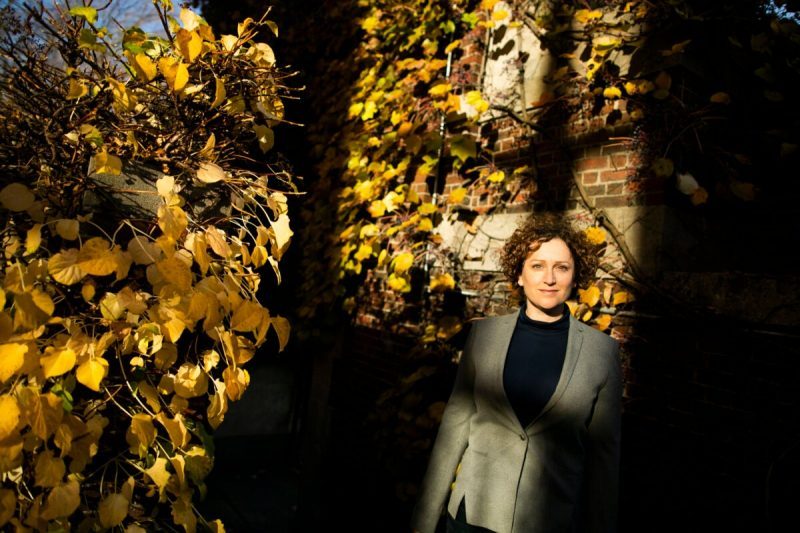The intricate relationship between mothers and their offspring has long been a subject of scientific exploration. Maternal effects, referring to the influence that a mother has on the development and characteristics of her offspring, have fascinated researchers across various fields. When it comes to understanding the history of maternal effects on offspring, we see a story that unfolds over centuries, shaped by evolving knowledge, cultural beliefs, and scientific advancements.
To delve into this intriguing history, we must first turn our gaze towards ancient civilizations. In ancient Greece, for example, there were discussions surrounding the idea of maternal impressions. It was believed that the thoughts and experiences of a pregnant woman could physically mold her child. Tales of mothers giving birth to children with physical features resembling objects they had encountered during pregnancy were widespread. These ideas persisted across cultures and time periods, revealing a deep-rooted fascination with the connection between a mother’s experiences and the traits of her child.
Moving forward in time, the Renaissance era witnessed a shift in scientific understanding. This period marked the emergence of more empirical approaches to studying the natural world. Still, ideas regarding maternal effects were often influenced by prevailing cultural beliefs rather than purely scientific inquiry. Many believed that a pregnant woman’s thoughts and actions could profoundly impact the physical and mental attributes of her child. Some even attributed birth defects or unusual characteristics to maternal missteps or emotional experiences during pregnancy.
The 19th and early 20th centuries saw significant progress in unraveling the mystery of maternal effects. The pioneering work of scientists shed light on the biological mechanisms that govern the transmission of traits from mothers to offspring. Gregor Mendel’s experiments on inheritance laid the foundation for our understanding of genetics. However, it was not until much later that scientists began to truly comprehend the crucial role played by maternal factors in shaping offspring characteristics.
The field of epigenetics, which gained prominence in the late 20th century, revolutionized our understanding of maternal effects. Epigenetics studies the chemical modifications of DNA and associated proteins that can influence gene expression without altering the underlying genetic sequence. This field revealed how various factors, including a mother’s diet, stress levels, and environmental exposures, can modify the epigenome of her offspring. These modifications, in turn, can affect gene expression patterns and potentially contribute to the development of certain diseases or traits.
Today, our knowledge of maternal effects continues to expand rapidly. Research is ongoing to explore the multitude of ways in which a mother’s experiences and choices can shape the health and well-being of her child. Studies have delved into the impact of maternal nutrition, stress levels, drug use, and even socioeconomic status on offspring outcomes. This growing body of research emphasizes the importance of supporting expectant mothers and promoting healthy lifestyles to ensure optimal conditions for fetal development.
As we reflect upon the history of maternal effects on offspring, it becomes apparent that scientific progress has played a crucial role in unraveling the complexities of this relationship. Over time, our understanding has moved away from mere speculation and cultural beliefs toward a more comprehensive and evidence-based perspective. The exploration of maternal effects has unveiled a remarkable interconnectedness between mothers and their offspring, highlighting the profound influence that maternal experiences can exert on the future generations.
While many questions remain, one thing is certain: the history of maternal effects on offspring is a testament to our continuous quest for knowledge and our deep-rooted fascination with the mysteries of life. And as we move forward, armed with new scientific tools and technologies, we shall continue to uncover the intricate mechanisms that shape the lives of generations to come.

